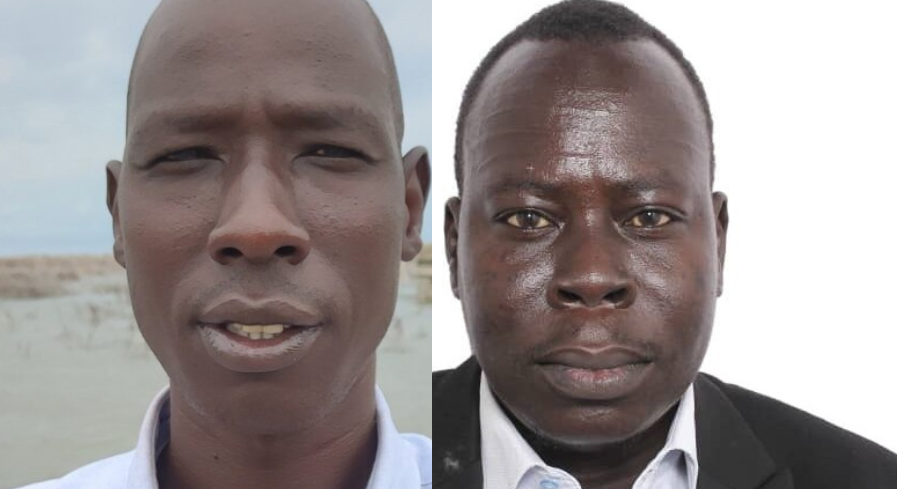A journalist and a civil rights activist say they were assaulted, briefly detained, and abused by security forces during the opening session of suspended First Vice President Riek Machar’s court trial in Juba.
The highly anticipated trial began on Monday, marking Machar’s first public appearance since being placed under house arrest in March. He appeared in a defendant’s cage at Freedom Hall, alongside seven co-accused. The special court adjourned the session until Tuesday after Machar’s legal team challenged the court’s jurisdiction and composition.
The hearing was broadcast live across the country for three hours before being adjourned to allow prosecutors time to respond to four objections raised by the defense.
Freelance journalist Ruot George told Radio Tamazuj he was denied entry to the courtroom and later assaulted by police officers while leaving the venue. He said the officers accused him and his colleagues of taking unauthorized photos, confiscated their phones and ID cards, and called them “troublemakers.”
According to George, he was beaten and held in a military pickup truck for over an hour, during which he was slapped and hit with sticks at several checkpoints controlled by national security and presidential guards.
“Some of them slapped me, some hit me with sticks… but when I reached the commander, I was not touched,” he said.
George said he was also threatened at gunpoint. “One of them told me, ‘I have a gun. I can shoot you and no one can ask me,’” he recounted. Although he showed his journalist ID, his documents remained in police custody at Nyakuron Police Station.
Ter Manyang Gatwech, executive director of the Center for Peace and Advocacy (CPA), reported a similar experience. He said he arrived at Freedom Hall at 8 a.m. for the court hearing but was denied entry by security forces who falsely claimed he was late.
“When I presented my human rights ID, an officer said, ‘We have been looking for you. It’s good you came today,’” Manyang said.
He said he was then kicked in the neck and head, his face covered with a dirty cloth to conceal his identity, and forced into a National Security Service vehicle. While in custody, he said he faced degrading treatment and ethnic-based targeting.
“I was targeted because I am a Nuer human rights defender,” Manyang said, alleging that some of the officers were affiliated with the Office of the First Vice President.
Ter said he was later transferred to police custody, driven around Juba, and eventually returned to Freedom Hall. One officer reportedly told him he was “lucky” to have an ID, implying the situation could have been worse.
Manyang condemned the assault and called for reforms to end arbitrary arrests, ethnic profiling, and impunity by state security forces.
“No democratic society should tolerate state actors who target individuals based on tribal identity or peaceful activism,” he said.
Oyet Patrick Charles, president of the Union of Journalists of South Sudan (UJOSS), criticized the government’s restrictions on independent media access, calling it a violation of press freedom. He said journalists were told they needed additional clearance from the Ministry of Information, despite being accredited by the Media Authority. Only the state-run South Sudan Broadcasting Corporation (SSBC) was granted access to the courtroom.
“This is not acceptable,” Oyet said. “Restricting coverage denies the public the opportunity to know what is going on and forces them into one choice.”
Edmund Yakani, a prominent civil society activist, also condemned the restrictions, saying they reflect broader issues of media suppression and harassment of court attendees.
Yakani cited George’s brief detention and the temporary closure of Juba’s Custom Market during the trial, which he said disrupted daily income for many families.
Security officials could not immediately be reached for comment.




